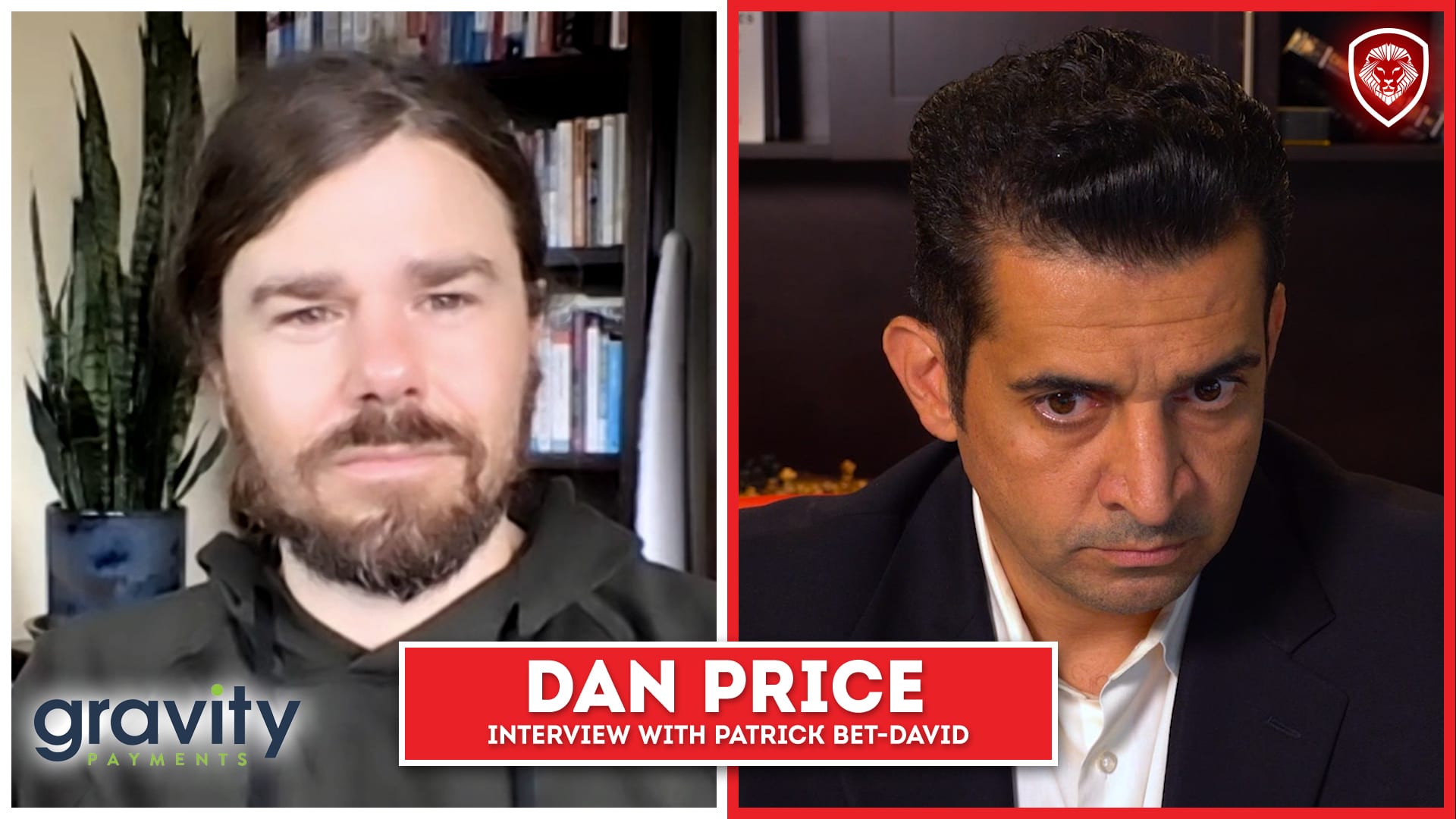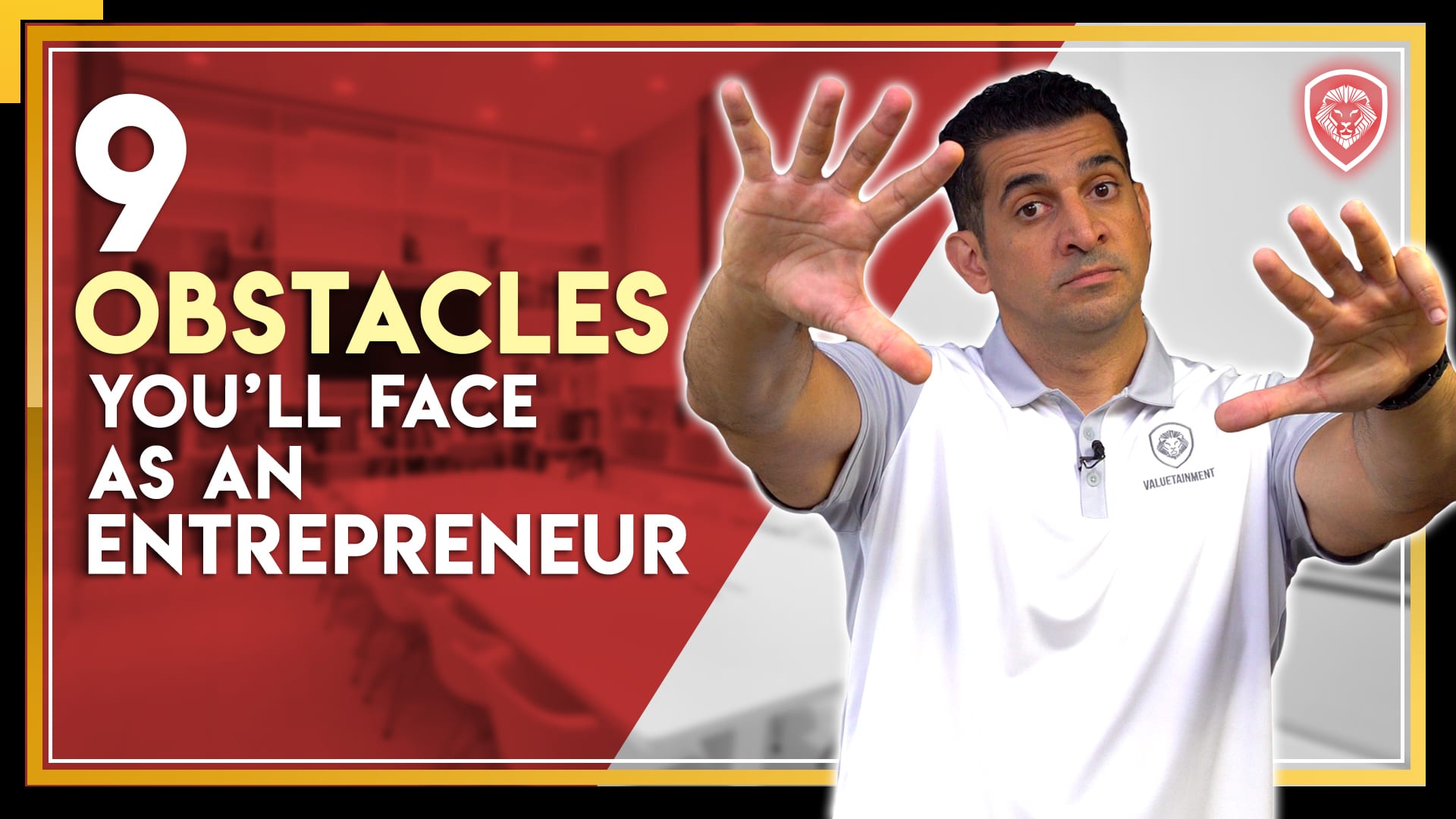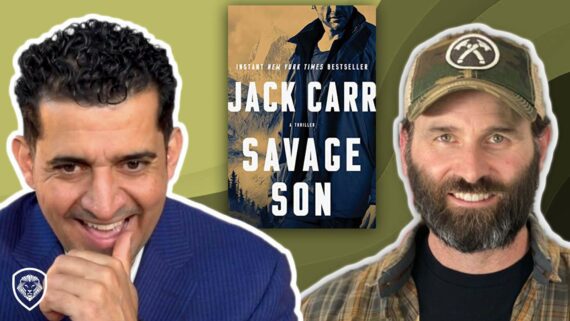I’ve had a lot of people ask me, “Pat, how can I become a great public speaker?” So in this video I’m going to give you 15 styles of speakers along with 16 tips for how to become a great public speaker.
The greatest public speakers became great because they eventually found their voice. Not somebody else’s voice, but their voice. Let me explain to you what I mean by that.
Have you ever sat in a room where somebody is speaking and it’s so awkward or uncomfortable that you truly cannot wait to leave the room and you feel sorry for the speaker?
Why is that? It’s because the person is trying to speak like somebody they’re not. Think about all the music genres. Now imagine Tupac trying to sing country music. Can you see it? Me neither. Now take Blake Shelton. Can you see Blake Shelton singing hip hop? I can’t see it, because that’s not his voice.
If you want to be a public speaker, you need to find your voice. Before I get into tips for speakers, I first want to tell you about multiple styles of public speakers, and you need to ask yourself which one is you.
Styles of Speakers
#1: Mentor/Advisor
The mentor/advisor is a Tony Robbins type of speaker. The mentor/advisor is a high, high energy. When he speaks, he can't help but give you advice and direction.
#2: Charm/Humor
Ronald Reagan is an example of a speaker that used charm and humor. I can't think of a time when he spoke where he didn't have a joke to say. He smiled. His pacing was slow. He wasn't the fast talking guy. Tony Robbins can run laps around Ronald Reagan when it comes to speaking, because Tony can say a thousand words in 30 seconds and Reagan would just be on number 68, for instance.
If you have a great sense of humor or people have told you you're charming, use it.
#3: Bold, Yet Credible
Some people say, "Well, I'm more bold. I just kind of want to tell people off, but I know what I'm talking about." Well then that's Gary Vaynerchuk. He's extremely bold. He'll get up and curse the entire audience out, but he knows what he's talking about. Some people say, "I don't like Gary's style." He's not talking to you! He's got his own style. But he's bold, yet credible.
#4: Locker Room Talk
You may say, "You know what? I'm more like the locker room type of guy. I like to sit down and tell people what they need to be doing." Great. You may study Mike Ditka. Mike Ditka was a locker room talk type of a guy. He sat there and told people, "Here's what you need to do." He fired people up and ticked them off and them boom! They were ready to go to war.
A lot of people don't like him, but he did very well as a player and as a football coach.
#5: Commanding/Firm
Another speaking style is commanding, firm, generalesque, like Netanyahu. Prime Minister Netanyahu from Israel just recently gave a talk to the United Nations, that I recommend you listen to because he was firm, slow, and bold. He was respectful to everybody but he made his point. That may be you. Many people don't like his style, but you may speak like that. You need to be true to your voice.
#6: Crusader
The next one is crusader. You may be a crusader, and nobody really understands. What's a crusader? Someone who's always talking about correcting an injustice. If you're a crusader, study MLK, Billy Graham and Malcolm X. They all had differing beliefs, but they all had a crusade, a cause.
#7: Storyteller/Imagination
Storytellers use imagination. Steve Jobs is an example of a storyteller. He didn't speak like Ronald Reagan, Tony Robbins, Gary Vaynerchuck or all these other guys. But when Steve Jobs spoke, people listened because he was an incredible storyteller. He was an unbelievable guy at making you and I imagine things that weren't possible.
#8: Presence
What's presence? Oprah Winfrey. When she enters a room, there's presence. So her speaking style may be presence. It may be curiosity. It may be questions that she asks. But that's her style.
#9: Arrogance
Arrogant is not who you want to be. This is somebody that acts like they know what they're talking about, yet everybody's thinking they're full of it. And there are many people like that out there. Kanye West is an example. He has a lot of people that follow him. That's great. A lot of people follow many different people for different reasons. If that's your style, where you want to convince people that you know what you're talking about but you don't? That's a style. I just don't recommend that style.
#10: Sales
The next one is somebody that's an incredible salesman. Warren Buffett is an example. Everywhere he goes, he sells. If that's your style, listen to Warren Buffett talk.
#11: Seductive
Maybe you're the seductive type of speaker. Maybe you speak and you seduce people. Maybe you have your own charming, seductive way. If that's you, study JFK and Bill Clinton. They were some of the most seductive speakers of all time. Bill Clinton could give you a talk, look at you and say something and you would say, "I have no idea if he's telling the truth, but man, I believe him." It's like you're being hypnotized. You're seduced. You're in a whole different land. That's a seductive speaker.
#12: Technical
Then you have the technical speaker. They are very detailed, very technical. Elon Musk is an example. When he speaks, it's all technical details.
#13: Inspirational
And then you have inspirational. What's an inspirational speaker? Barack Obama is an example of an inspirational speaker. He sells you the dream. Like, we are going somewhere. And he doesn't do it a million miles a minute. It's just music, the way he does it. It's just flows when he does it. And he moves you.
#14: Philosophical
And then there's philosophical. Phil Jackson is an example of a philosophical speaker. He makes you question things. When people ask him, "Why did you do ___________" he turns it around and says, "Why do you think I did _______?" This is the type of speaker that constantly makes you go, "Oh, now it makes sense!"
If you like to question things and are philosophical, study Marcus Aurelius and different religions and philosophies.
#15: Fear
And then there's fear type of speakers, people that put the fear into everybody and people perform. Bobby Knight and Pat Riley are examples. Pat Riley was like a gangster, mafia type of a coach in the NBA, right? That's who he was. People wanted to play for him because he knew how to get people aligned and then boom - they beat the other guy.
Find Your Voice
By the way, I can guarantee you that if I asked everyone to comment on the bottom about which speaker they like best, the answers would not all be the same. Some of you would say, "Who is Netanyahu?" But some of you will say, "Netanyahu is amazing." Others would say, "Steve Jobs is my favorite!" or "Mine is Barack Obama." But it's going to be different. It doesn't matter. It's your voice. Find your voice, and don't try to be anybody else when you're speaking.
16 Secrets for How to Become a Great Public Speaker
I'm going to do my best to give you some skills, but there's a whole technical side of speaking, such as how big the stage is and the type of microphone that I won't get into. For now, forget about technical stuff. Technical stuff happens after you've given thousands of talks. In the points below, I'm giving you basic how-to when it comes down to speaking, and hopefully some of these things can help you out.
#1: Make People Feel Like They're the Only Ones in the Room
If I can go and hear somebody speak, and the entire time, when they're speaking, even if there are thousands of people in the room, I feel like I'm the only one. That to me is a great speaker, when it feels like it's just you and me.
If I get lost during the speech, or when watching a video or movie, and I feel like I'm the only one there, it's a great speaker that knows how to do that.
So if you can captivate me to the point where I think it's just us as if you and I are having a cup of coffee or we're having lunch and I'm simply listening to you speak, you've already won. If you can do that, you don't even need to watch the rest of the video or read the rest of this article. If you learn how to do this, the rest is over with. Because you'll pick up all of the other stuff by doing it so many times.
#2: Telling Stories
The second thing to me is somebody that is very good at making their point by telling stories. If I'm only given five minutes to speak, I make one point and tell a story. When you want to make your points, tell stories and use metaphors and analogies. Most people respond well to stories.
#3: Make Your Case
Listen in here to learn how to make your case when speaking.
#4: Add a Quote to Each Point
If you are a first time speaker, or you've only spoken a handful of times, typically the thing that will make you sound like you know what you're doing is to use a quote for each point you make. For instance, you may say something like, "Winston Churchill once said, 'History will be kind to me for I intend to write it.'" And then talk about the importance of writing your own history by making goals and commitments. Another example is, "Einstein said, 'Imagination is more important than knowledge.'" And then you can get into how sometimes we spend too much time on facts, and that today we need to spend some time on our dreams.
Give a point and then a quote, point, quote, point quote. This is especially true if you're newer. And the more you speak and the more you read, the more quotes you'll have in your repertoire.
#5: Connect with the Audience
Watch the video here to see how to connect with the audience.
#6:Pick Your Voice
I said it already, don't try to sound like others. Pick your voice, and stick to that voice and who you are. If you're unsure of which one you are, share the 15 styles with someone else and they'll say something like, "You know what? I see you more as the this type of a speaker." Take that and ask yourself which type of speaker you are and make sure you're staying true to your own voice.
#7: Preparation
When I first started speaking, I was very nervous. The first time I spoke was at a Denny's restaurant in Compton. It was last minute; the speaker just asked me to come up and I was not prepared to speak. I had never spoken in my life. I went up and spoke and couldn't wait to sit down. It was the worst talk I ever gave in my life. I was nervous like you wouldn't believe. And then from there I started doing more of them and then eventually there was a system to it. I realized that I wasn't a pro because I hadn't given thousands of talks in my life, so I had to be sure to over prepare.
Some people write their entire speech, but I don't recommend it, because you're going to have a hard time keeping people's attention if you read your speech. Instead, make a list of bullet points and under each bullet point make note of a story you want to tell related to that point.
Preparation is important even for veteran speakers, but it's especially important for a rookie.
#8: What is Your Outcome?
What is truly your outcome for giving the talk? What do you want to see happen as a result of the talk? Is it for someone to buy? Register? Sign up? Subscribe? Move?
Be very specific about your outcome and make sure you're staying true to your outcome. Don't get so caught up in speaking that you forget to hit your outcome.
#9: Know Your Audience
It's very important to know who you're speaking to. How old are they? Income? Where are they from? Why are they there to hear you? Do they even know who you are? Do they pay attention? Are they younger? If they're younger, how much of an attention span do they have?
You need to know your audience so you'll know how to make adjustments based on the audience you're speaking to.
#10: Action Items
Listen in here to see how action items differ from outcomes.
#11: Meet the Audience
Typically it's good to come and meet the audience before you speak. Greet people. Shake hands with them and get to know them. There's some kind of a relationship going on, and when you're speaking from stage you can typically identify one of the people you spoke with.
#12: Edify the Venue and Organization
Listen in here for how to edify the venue and organization where you're speaking.
#13: Disturb
The greatest speakers I know know how to disturb and move people. Great leaders are phenomenal at disturbing and getting people to move. You better believe crusade speakers are very much about disturbing. Bold yet credible are all about disturbing. Locker room talk are about disturbing. Commanding, are about disturbing. The fear style is about disturbing. So figure out a way to disturb and make me move.
Think about people that spoke to you and how they made you move. Then you be that person to your audience.
#14: Challenge Them
There's got to be a challenge. You can say something like:
- I have a challenge for you.
- Here's my challenge to you.
- My challenge to you is to do this, this, this.
The greatest talk you ever give is worthless without a challenge at the end. If I don't take action after hearing you speak, your talk was a waste of time.
The best type of speakers are the ones that I walk away from saying, "Man, I feel like I'm not good enough. I've got to improve on this. I've got to do this." What is your challenge you're going to give to your audience?
#15: Rehearse
Especially if you're newer, practice your talk in front of other people.
#16: Get Your Timing Right
What is timing? It's knowing when to tell a story or when to disturb. Timing is probably the last thing you're going to pick up because it's not going to come right off the bat. You won't get timing until you give 100 or more talks, so it's just something to think about. The more talks you give, the more you'll know what I mean by timing.
If you have questions or thoughts about this, comment on the bottom. And if you haven't already subscribed to my YouTube channel, click on the button below to subscribe.







